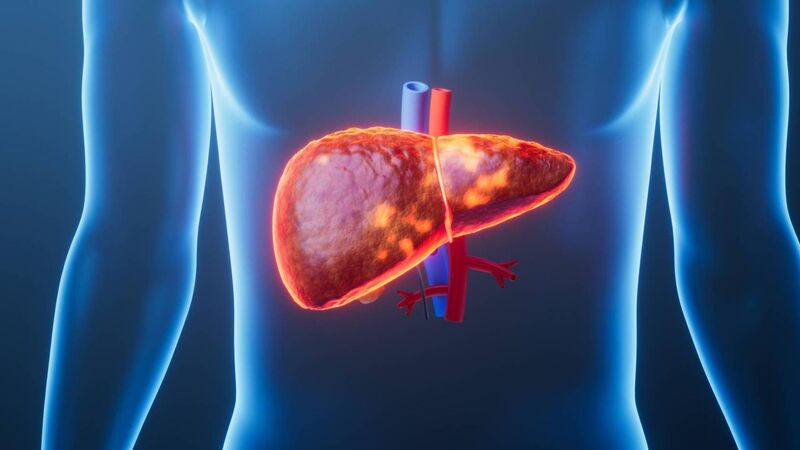Seven things you can do to keep your liver healthy and avoid disease

“Significant liver damage doesn’t happen after one weekend of bingeing, but takes place over many years of flogging the organ,” says Sarah Di Lorenzo, a clinical nutritionist based in Sydney and author of the Liver Repair Plan.
As our largest internal organ, the liver is little short of a functional powerhouse, performing over 500 key functions in the body every day.
It quietly goes about its responsibilities of filtering the blood of toxins, making bile so that we can digest meals, processing nutrients and regulating our metabolism.








